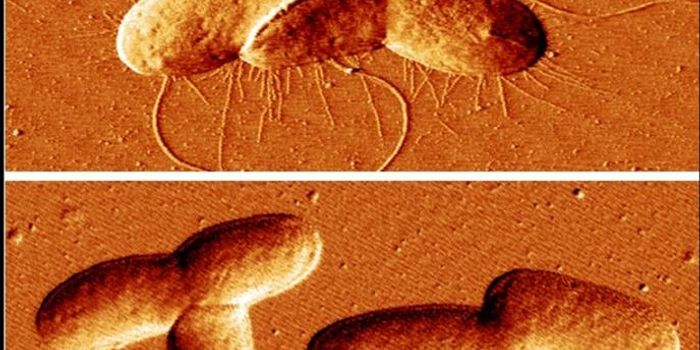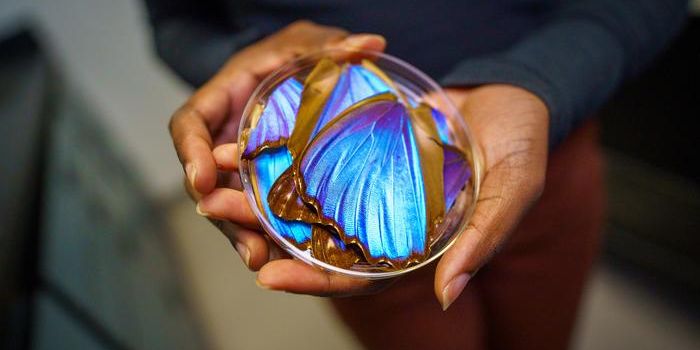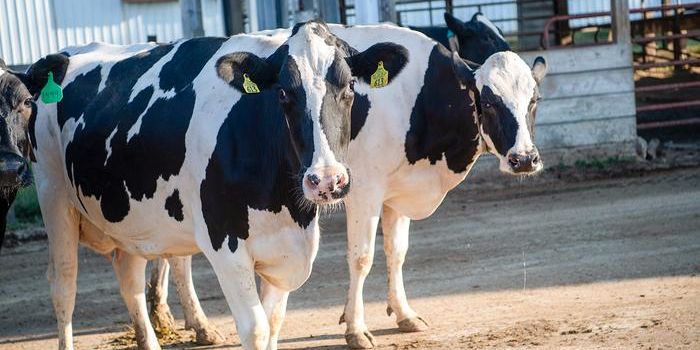Massive Pilot Whale Strandings in New Zealand
New Zealand has experienced a massive pilot whale stranding on the 5km-long (three mile-long) beach called Farewell Spit next to Golden Bay, at the northwest tip of the South Island. In the last four days, two distinct pods of hundreds of whales have beached themselves along the sand for unknown reasons. It is thought that the shallow muddy waters of Farewell may act as a whale trap, as often whales get run into the waters, perhaps from the threat of sharks or confusion from sonar communication. Whales that become beached will send out distress signals, which attract other members of their pod, and from there they may not be able to escape an ebbing tide, thus leading to the chaos. Though the last few days’ strandings have been New Zealand's largest in decades, marine biologists say Golden Bay has experienced many whale beachings.
Herb Christophers, a Department of Conservation spokesman, told the BBC that the whales were trying to get round the top of South Island, but if their navigation went wrong they ended up on the beach. "It's a very difficult place if you get lost in there and you are a whale," he said.
Marine environmental organization Project Jonah was on the rescue force with volunteers showing up from around the island and world to help. Although pilot whales are not listed as endangered, little is known about their population in New Zealand waters. The whales can grow up to about 25 feet and males can weigh as much as three tons. The females only weigh about half of that and they can be up to 16 feet in length.
The first stranding occurred on Thursday evening. About 275 of the 400 pilot whales found were already dead when Cheree Morrison, a magazine writer and editor, and her two colleagues happened upon them. Farewell Spit is fairly remote: from the closest airport it is a three hours drive and 15 minute hike. The task of getting the Department of Conservation’s reported 500 volunteers to the actual site was struggle within itself. Once there, the volunteers were keeping the stranded survivors damp and cool by placing blankets over them and dousing them with buckets of water, according to community ranger Kath Inwood. Given the immense weight of the animals, volunteers had only once chance to help float the animals back into the water: high tide. Many volunteers planned to return for the high tide on Saturday to try to refloat more of the whales, including any that stranded themselves again.
Then on Saturday crisis strikes again when a second pod of whales beached themselves on the same strip. "We had 240 whales strand yesterday in the afternoon and we were fearful we were going to end up with 240 dead whales this morning," Herb Christophers, a Department of Conservation spokesman said. "But they self-rescued, in other words the tide came in and they were able to float off and swim out to sea."
Andrew Lamason, from New Zealand's department of conservation, said those refloated had been tagged, whereas the latest arrivals were not, indicating that they were a new group.
Volunteers this time formed a human chain to keep the refloated whales from returning to shore. Unfortunately, twenty whales had to be humanely killed by conservation workers as they were in a poor condition, said Lamason. To count the numbers, about 650 pilot whales in total stranded themselves throughout the two events. Around 350 whales have died, including 20 that were euthanized. Another 100 have been refloated by volunteers and more than 200 swam away unassisted.
"For such a majestic animal, it's really strange to seem them doing this," volunteer Jonathan Jones said.
Sources: BBC, CBC World News (1), (2), NBC News, The Sun UK











